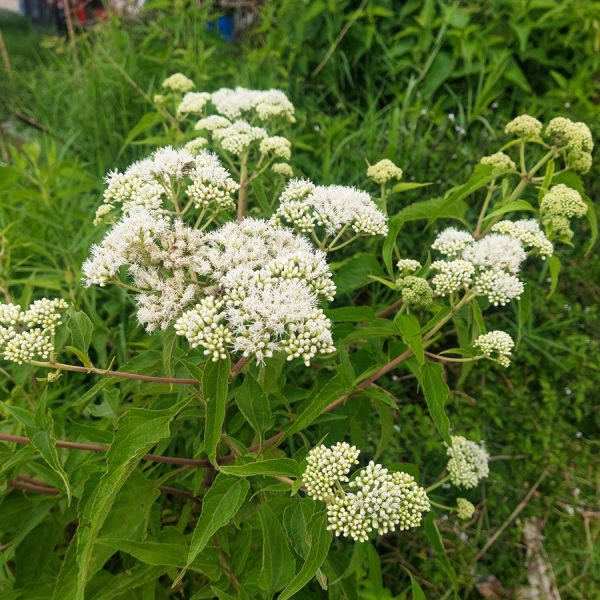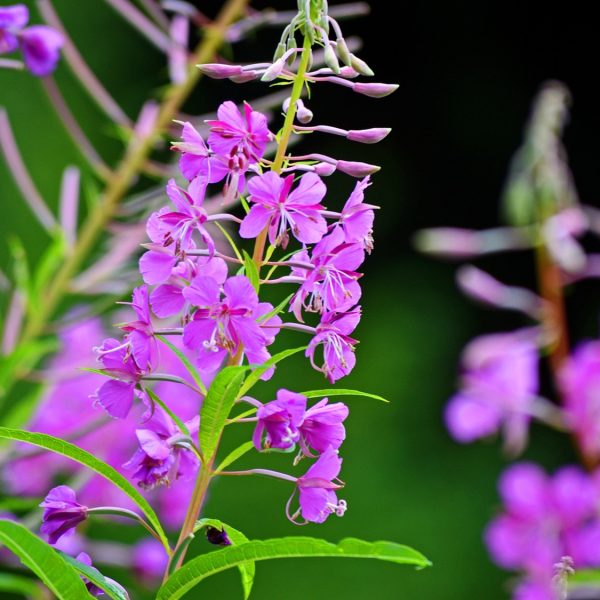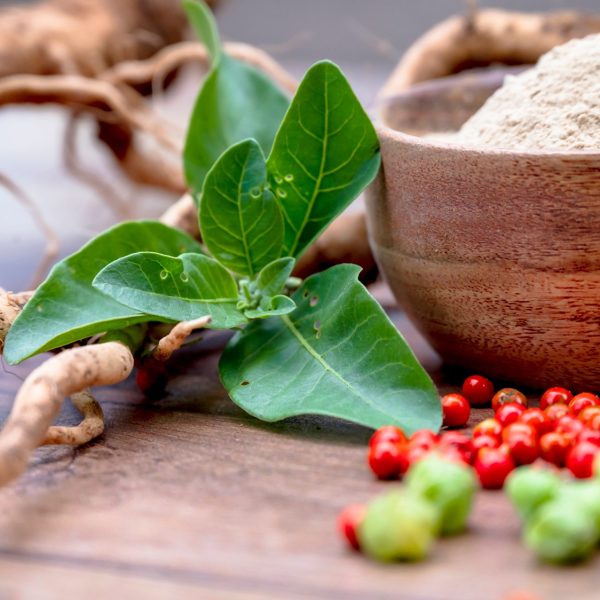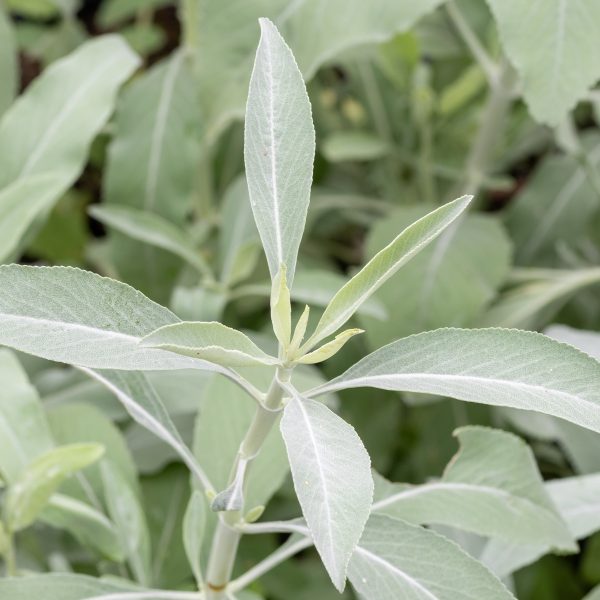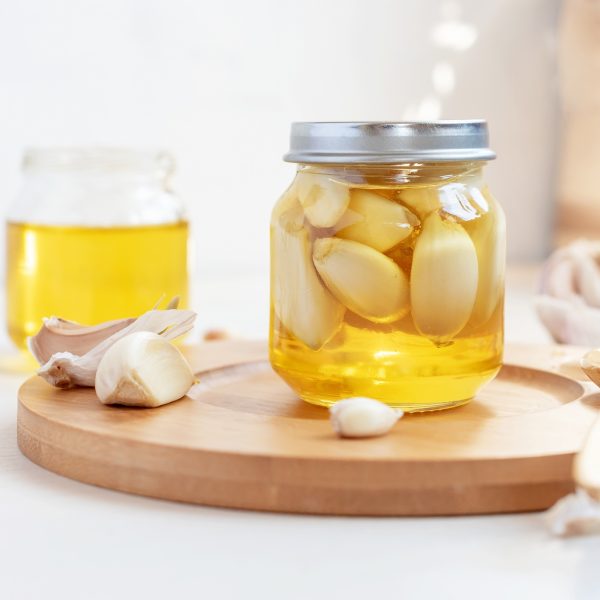Could ginseng help to alleviate the side effects of alcohol consumption? Viv Rolfe summarises a study finding the root’s efficacy in decreasing serum alcohol levels and hangover symptoms.
In this article, we summarise Red ginseng relieves the effects of alcohol consumption and hangover symptoms in healthy men: a randomized crossover study (1).
Plant names and species
Ginseng (Panax ginseng)
Aim of study
The study explored whether red variety of ginseng could regulate alcohol metabolism and alter hangover symptoms in healthy men.
Study method
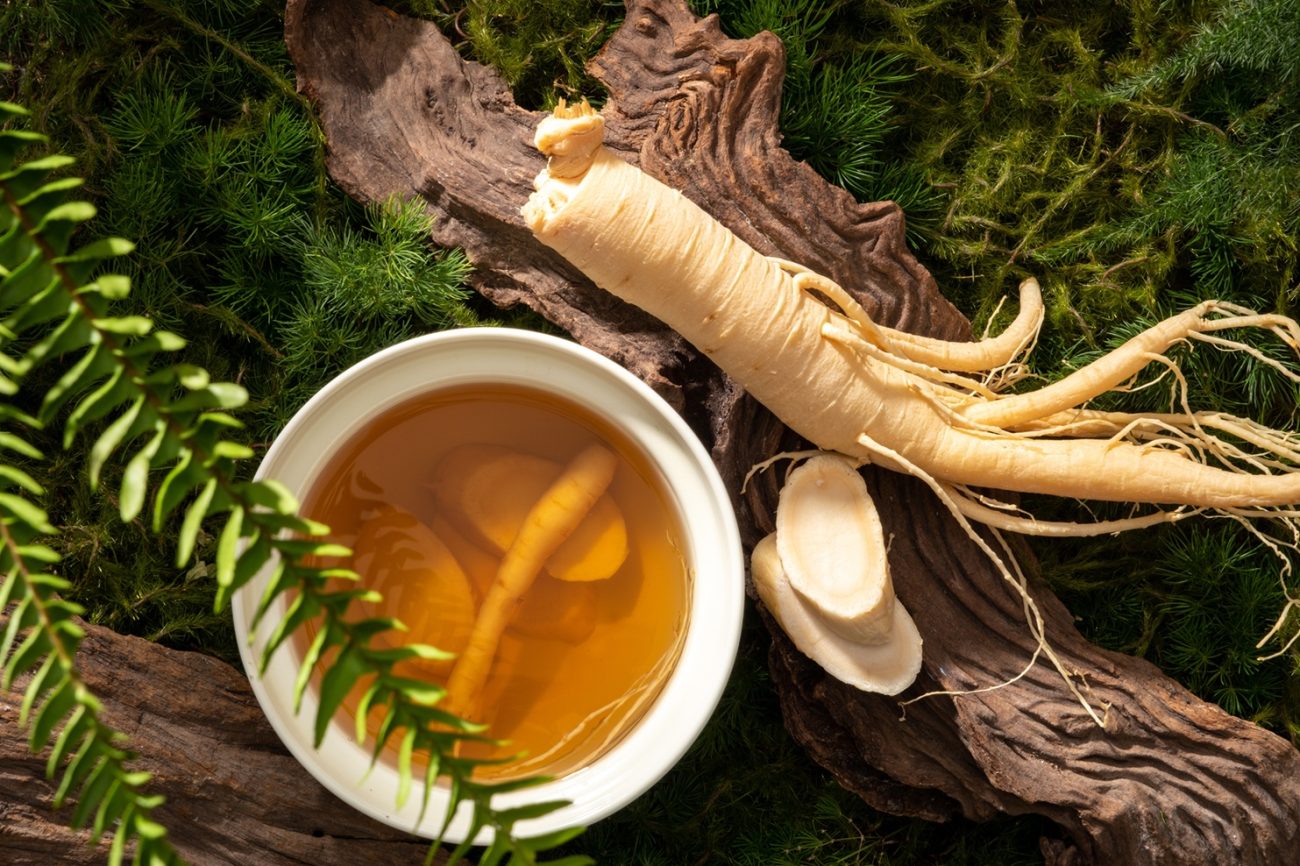
The trial was a randomised, cross-over design. Participants were randomised to groups to receive either a placebo drink (water) or a beverage containing red ginseng. It was not clear from the study methodology whether the study was blinded at all. The drinks were presented in similar packaging.
Volunteers attended three visits and on the first two visits they received either the placebo or ginseng. There was a two-week wash-out between the first and second visits. On the third visit, they completed surveys. On each test visits the participants:
- Abstained from drinking alcohol for three days prior to the visit
- Fasted for 12 hours prior to the visit
- Consumed 100 ml 40% blended scotch whisky and one piece of cheese
- They consumed either 100 ml water (placebo) or red ginseng drink within five minutes of the alcohol.
The following outcome measures were recorded, which included participant surveys and food diaries, plus laboratory tests.
- Hangover symptom questionnaire on the third visit (15 questions including symptoms such as headache, nausea and fatigue on a scale of 0 absent to 4 extremely severe)
- Daily food intake was measured using recall diaries over 24 hours
- Body weight and percentage body fat
- Blood pressure
- Blood samples at regular intervals up to four hours after consuming the alcohol test
- Serum lipids, blood haematology and serum creatinine was measured
- Basal metabolic rate and total energy expenditure was calculated
Plasma alcohol and acetaldehyde was measured at regular intervals, as was alcohol in exhaled air for up to four hours.
Herbal preparation
The 100 ml placebo drink was water. The red ginseng drink comprised 0.321 mg/mL red ginseng extract prepared by water extraction and made up to a 100 ml drink, thereby constituting a 32.1 mg dose.
Sample size
The n=25 healthy male volunteers were 25–49 years of age with a body mass index of 18 to 29 kg/m2. Exclusion criteria included anyone with a medical condition or who was on medication, or those with an allergy to ginseng.
Results of study

There were n=13 participants in the placebo group and n=12 in the Ginseng group. All physiological and biochemical characteristics were within normal ranges. There were no statistically significant changes in food intake or energy expenditure over the course of the study. The statistics do not display the differences if any between the groups, just changes over time, so it cannot be determined whether the groups were matched in characteristics.
The overall hangover symptom score was significantly lower in the ginseng group compared to placebo. Several symptoms also improved following the ginseng drink and were statistically different from the placebo: the group were less tired, had fewer stomach aches, were less thirsty, and experienced better concentration and improved memory compared to the placebo. The other symptoms associated with hangovers did not change.
Plasma alcohol levels were significantly lower in the ginseng group at 30–60 minutes after whiskey consumption compared to the placebo group suggesting that alcohol absorption was slower. By 90 minutes, the groups were the same. The area under the curve was smaller and statistically significant (just at p=0.051) for the ginseng group.
The expired alcohol levels mirrored this being lower in the ginseng group up to 60 minutes after drinking the whiskey, and similar thereafter.
For plasma acetaldehyde, the levels were similar except for the two-hour time point where levels were higher in the Ginseng group, but were similar again at three and four hours.
Discussion
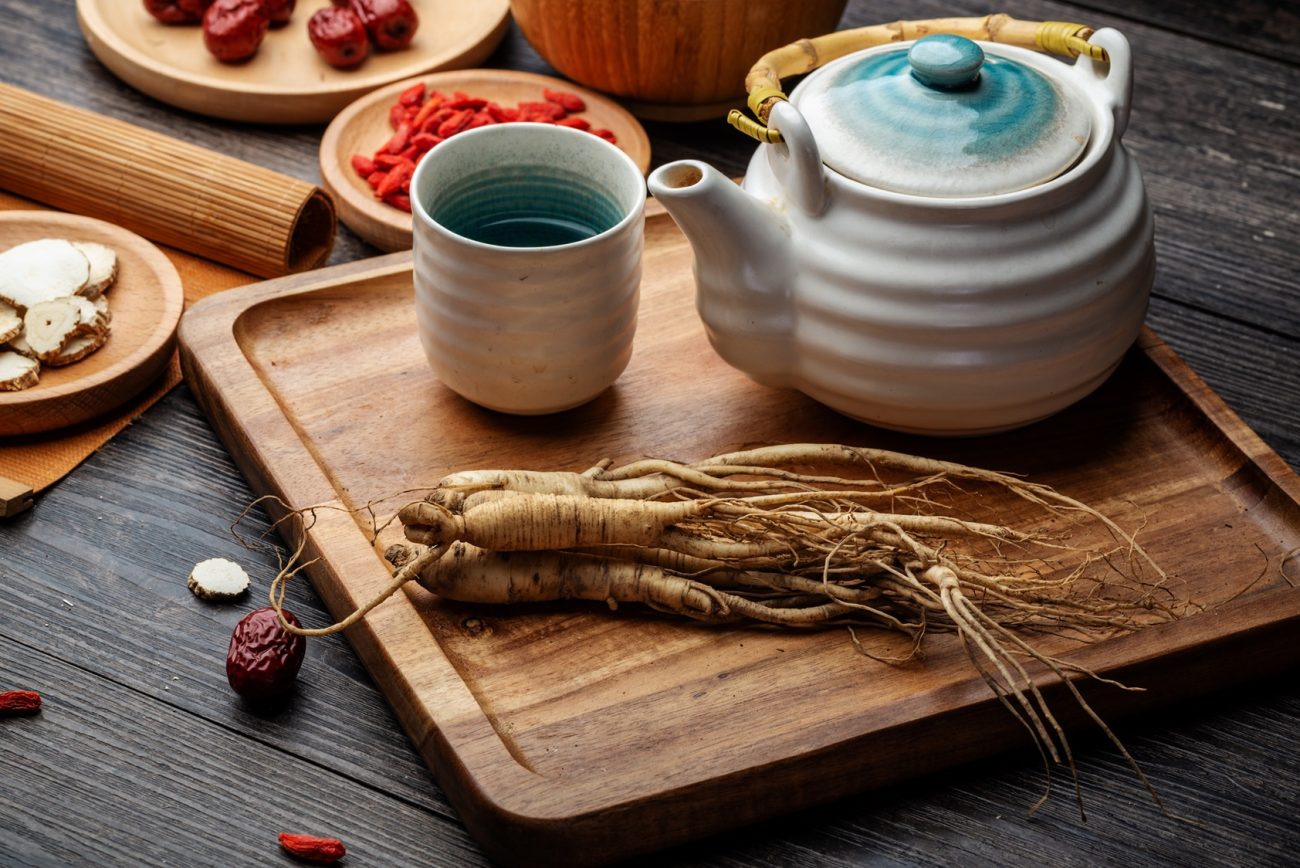
The study showed that consuming a ginseng drink alongside alcohol consumption improved hangover symptoms of fatigue and stomach ache, and was associated with lower plasma alcohol concentrations up to 60 minutes after drinking. Similarly, levels of alcohol in expired breath also reduced over this time frame, and this was also represented by statistically smaller areas under the curve calculations. This suggests that the ginseng had delayed alcohol absorption which is a benefit as this gives the body more time to metabolise and reduces feelings of intoxication.
Other research (cited by the authors) has shown that ginseng can alter alcohol metabolism through regulating enzyme activity, but in the present study, there was no change in the levels of the metabolite acetaldehyde in the blood. This may have been due to the small number of participants or that the acetaldehyde test was not sensitive enough to detect any differences.
Participants in the ginseng group also experienced improved concentration and less fatigue. Panax ginseng contains a host of bioactive components including ginsenosides or ginseng saponins, along with essential oils and polyphenols (2). It is known for its ability to improve memory and cognitive deficit (2), and other studies have shown that consuming a ginseng extract for three weeks can reduce fatigue in healthy adults (3). The present study confirms the effects of ginseng in improving fatigue and memory.
Conclusion
To conclude, a ginseng extract in a 100 ml beverage improved several hangover symptoms and reduced plasma alcohol levels compared to a placebo.
References
- Lee MH, Kwak JH, Jeon G, Lee JW, Seo JH, Lee HS, Lee JH. Red ginseng relieves the effects of alcohol consumption and hangover symptoms in healthy men: a randomized crossover study. Food Funct. 2014 Mar;5(3):528-34. https://doi.org/10.1039/c3fo60481k
- Wee JJ, Mee Park K, Chung AS. Biological Activities of Ginseng and Its Application to Human Health. In: Benzie IFF, Wachtel-Galor S, editors. Herbal Medicine: Biomolecular and Clinical Aspects. 2nd edition. Boca Raton (FL): CRC Press/Taylor & Francis; 2011. Chapter 8. Available from: https://www.ncbi.nlm.nih.gov/books/NBK92776/
- Lee YG, Hong W, Cho YM, Kwon JE, Yang DC, Kim H, Kang SC. Anti-fatigue effects of Korean Red Ginseng extract in healthy Japanese adults: A randomized, double-blind, placebo-controlled study. J Ginseng Res. 2025 May;49(3):237-247. https://doi.org/10.1016/j.jgr.2024.12.003

